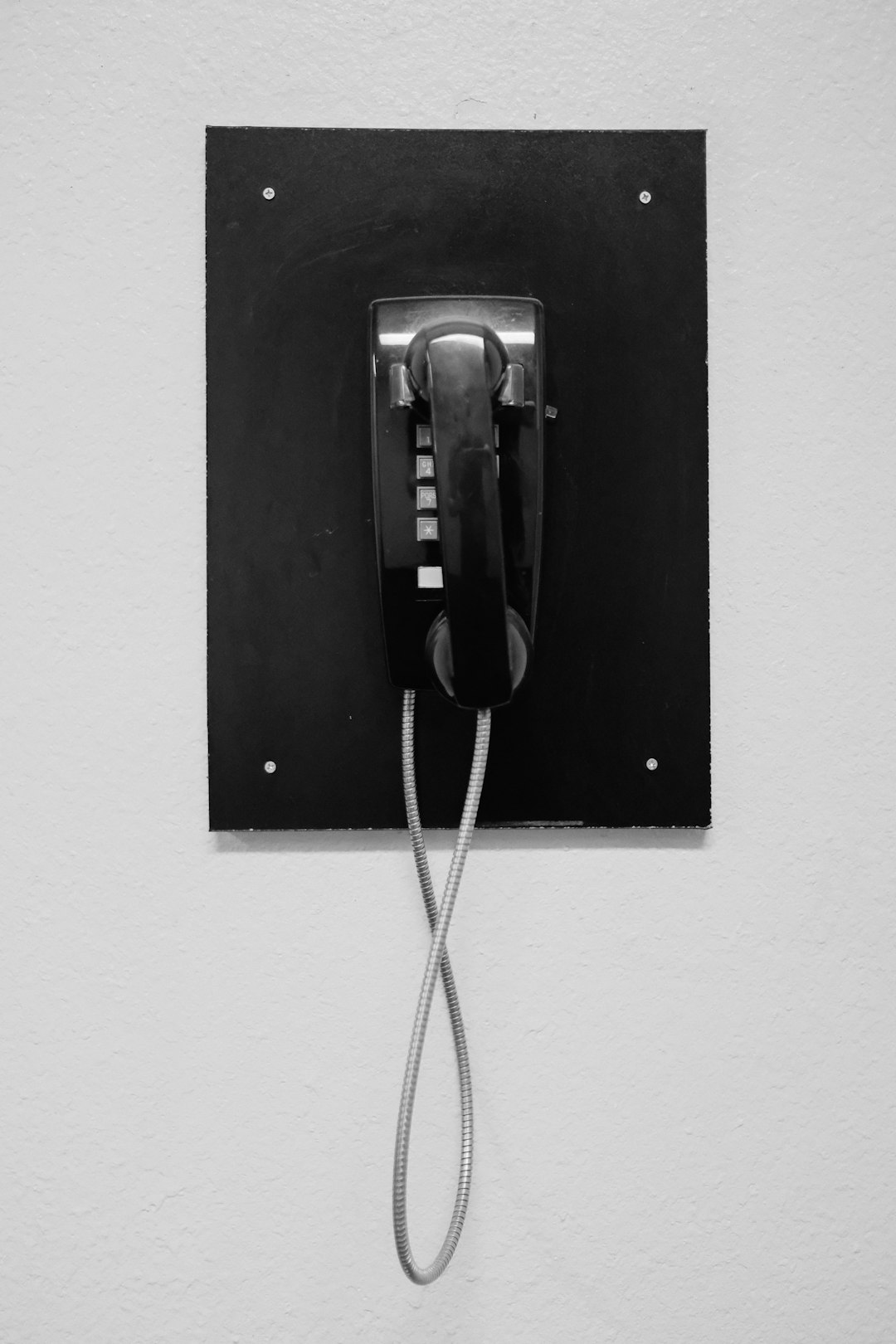Ohio's new anti-robocall laws, reinforcing the Telephone Consumer Protection Act (TCPA), have significantly impacted local businesses, especially SMEs that relied on automated calls. Businesses are adapting by adopting personalized communication methods and alternative marketing strategies to avoid legal issues and protect consumer privacy. Consulting with Spam Call law firm Ohio or Spam call lawyers Ohio is crucial for understanding rights and navigating TCPA compliance. Consumers experiencing unwanted robocalls can take action under the TCPA, and engaging a specialized lawyer is key to determining feasibility of suing for damages in Ohio.
In the digital age, local businesses face unprecedented challenges from robocalls, leading many to wonder: can I sue for robocalls in Ohio? This article delves into the impact of anti-robocall laws on small and medium enterprises. We explore the legal implications specifically for Ohio businesses, guiding you through your rights and available resources. Discover how to take action against spam calls, and learn about hiring a specialized spam call law firm or lawyer for TCPA in Ohio to protect your interests effectively.
How Do Anti-Robocall Laws Affect Local Businesses?

Local businesses in Ohio, as well as across the nation, are feeling the impact of new anti-robocall laws, which are designed to protect consumers from unwanted and intrusive automated calls. These regulations can significantly affect small and medium-sized enterprises (SMEs) that once relied on robocalls for marketing and customer outreach. With stricter penalties and increased consumer awareness, businesses must now adapt their strategies to comply with the new spam call law requirements.
Under the Telephone Consumer Protection Act (TCPA), which has been strengthened by state-level initiatives like Ohio’s anti-robocall laws, companies can face substantial fines for violating consumer privacy rights. This includes unauthorized automated calls, text messages, or voicemails left in bulk. As a result, local businesses must now implement more personalized and consent-based communication methods to avoid legal repercussions. Many are turning to alternative marketing tactics, such as targeted direct mail or interactive online advertising, to ensure they respect consumer preferences while still reaching their target audience effectively. Additionally, employing dedicated customer service teams or investing in technology that filters out robocalls can help local businesses maintain compliance and protect their reputations in the eyes of conscious consumers.
Understanding the Legal Implications for Ohio Businesses

In Ohio, businesses face a complex legal landscape when it comes to robocalls, with new anti-robocall laws and regulations in place to protect consumers. The Telephone Consumer Protection Act (TCPA) is a federal law that restricts the practice of automated telephone marketing, including robocalls. Businesses found violating this act can be held liable for substantial monetary damages, making it crucial for Ohio companies to understand their legal obligations. If you’ve received unwanted robocalls or believe your business has been affected by illegal telemarketing practices, consulting with a Spam call law firm Ohio or Spam call lawyers Ohio is essential. These legal professionals specialize in TCPA cases and can advise on potential Can I Sue For Robocalls Ohio.
Ohio’s implementation of anti-robocall measures aims to curb the rise of nuisance calls, which can significantly impact local businesses. The state’s spam call law firms Ohio are well-versed in navigating these new regulations, ensuring that companies comply with the TCPA. Should a business incur TCPA violations, a lawyer for TCPA Ohio can help mitigate potential risks and liabilities by providing strategic guidance on how to avoid future breaches. Understanding the legal implications and seeking professional advice is vital for businesses aiming to protect themselves from costly lawsuits and maintain customer trust in an era of stringent privacy laws.
Your Rights and Resources: Taking Action Against Robocalls

If you’re receiving unwanted robocalls in Ohio, you have rights and resources available to take action. The Telephone Consumer Protection Act (TCPA) is a federal law designed to curb excessive phone marketing and protect consumers from intrusive calls, including automated or prerecorded messages. If a business violates the TCPA by calling you without your consent, you may have grounds to sue for damages.
In Ohio, as in many states, there are strict guidelines regarding spam calls, and violators can face legal consequences. A spam call law firm or lawyer specializing in TCPA cases can help you understand your rights and guide you through the process of taking action against the offending business. Don’t hesitate to reach out if you believe you’ve been harmed by robocalls; you may be entitled to compensation for your troubles.
Choosing the Right Legal Support: Spam Call Law Firms in Ohio

When navigating the complex landscape of anti-robocall laws, such as those in Ohio, choosing the right legal support is paramount. If you’re considering taking action against spam calls, engaging a specialized spam call law firm Ohio or spam call lawyers Ohio who have expertise in the Telephone Consumer Protection Act (TCPA) is essential. These professionals can help you understand your rights and determine if you can sue for robocalls Ohio based on the specific circumstances.
Ohio’s implementation of TCPA regulations provides consumers with powerful tools to combat unwanted automated calls, but it also necessitates a strategic approach. A lawyer for TCPA Ohio who understands the nuances of this legislation can guide you through the process, ensuring compliance and maximizing your potential compensation if a case is warranted. Don’t hesitate to can I sue for robocalls Ohio? – reaching out to a qualified spam call law firm Ohio could be the first step towards resolving this growing problem.






